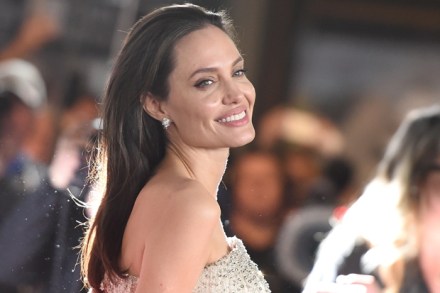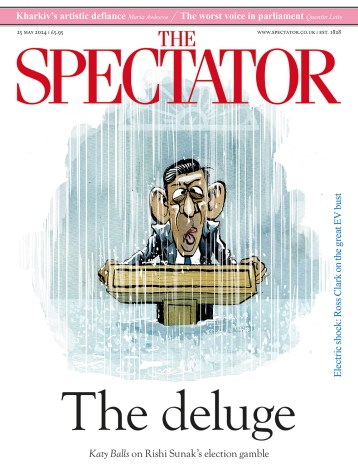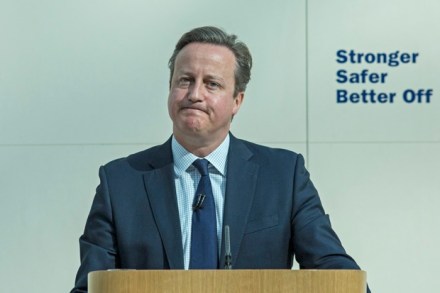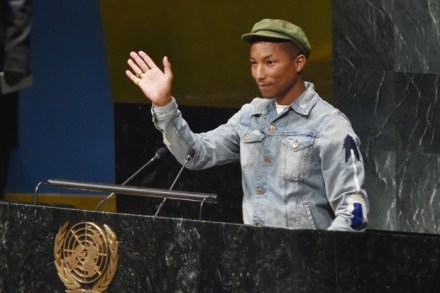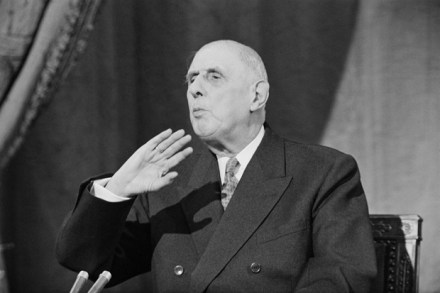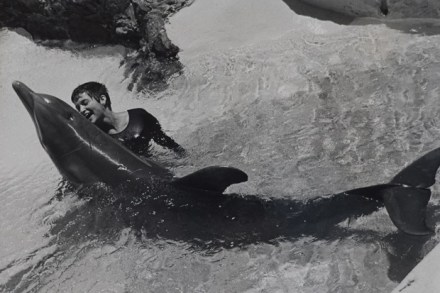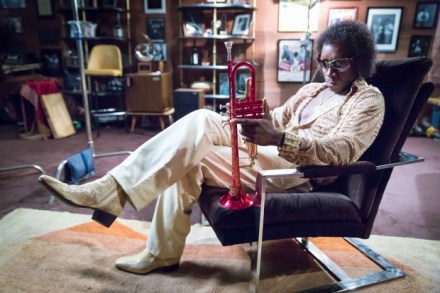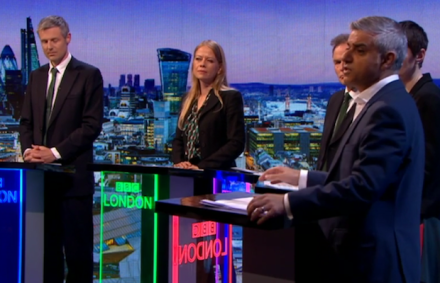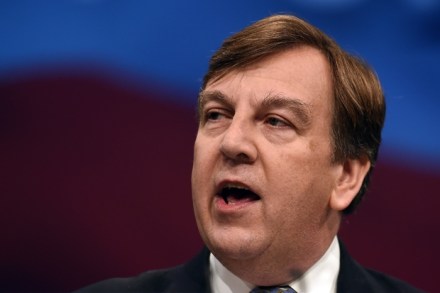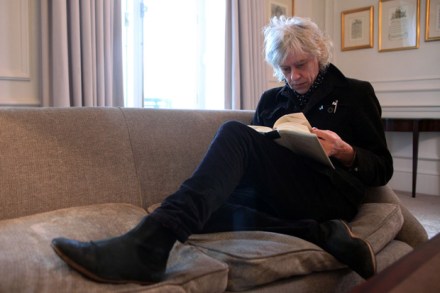Pulling power | 19 May 2016
Monday’s ‘World on the Move Day’ on Radio 4 was a bold challenge to government policy and proof that radio is much the most flexible, the most accommodating, the most powerful medium when compared with TV. Without much ado, the day’s planned schedule was squeezed, manipulated, overturned to allow the team behind the Today programme to mastermind a live discussion throughout the day about the migration issue, as if to say to the government, here’s what people not just in the UK but from around the world care about. Let’s listen to them and see what solutions they might have to offer. Angelina Jolie Pitt was the biggest prize as
